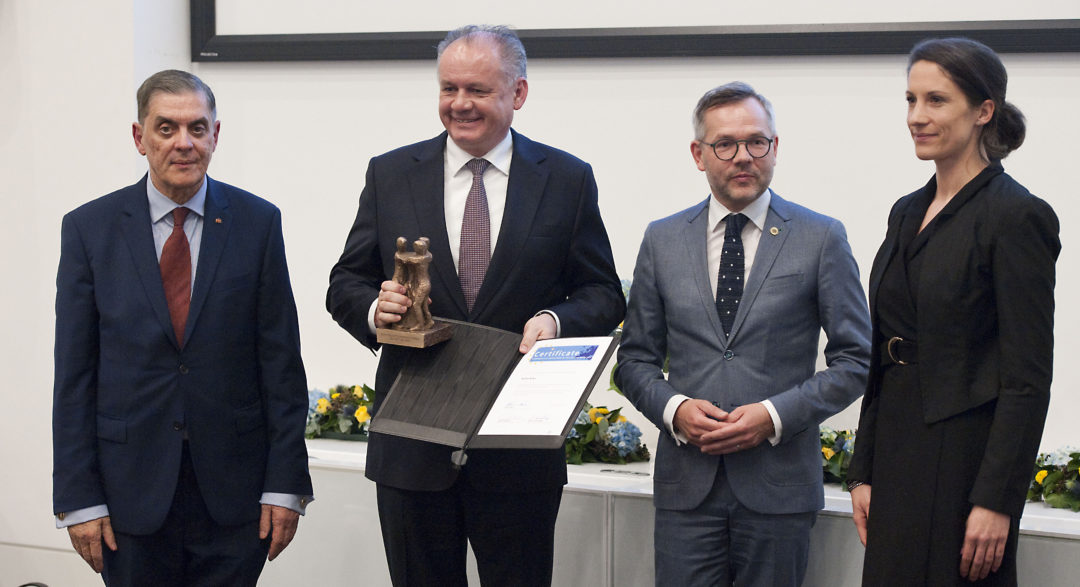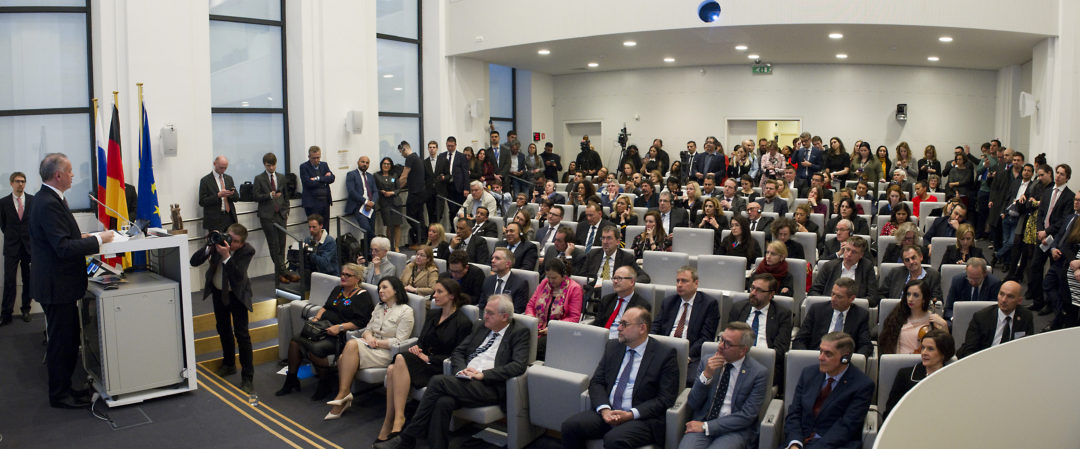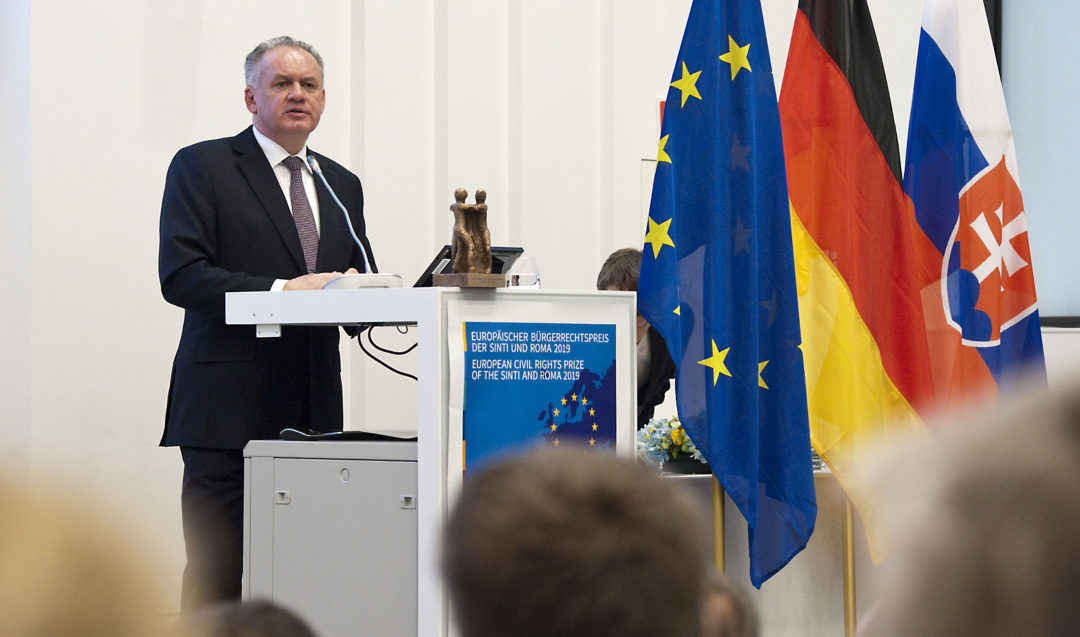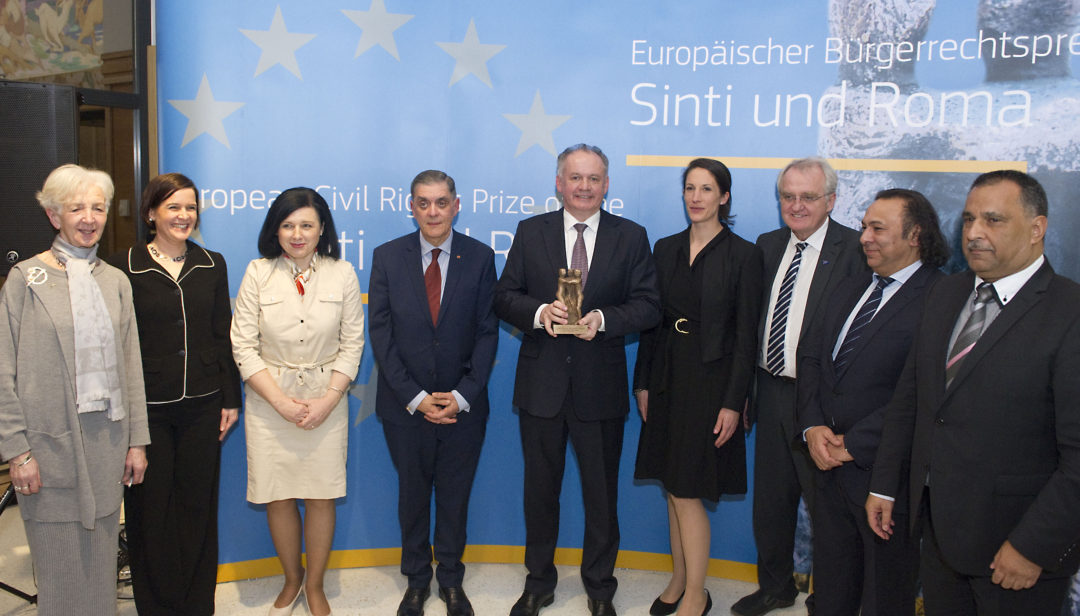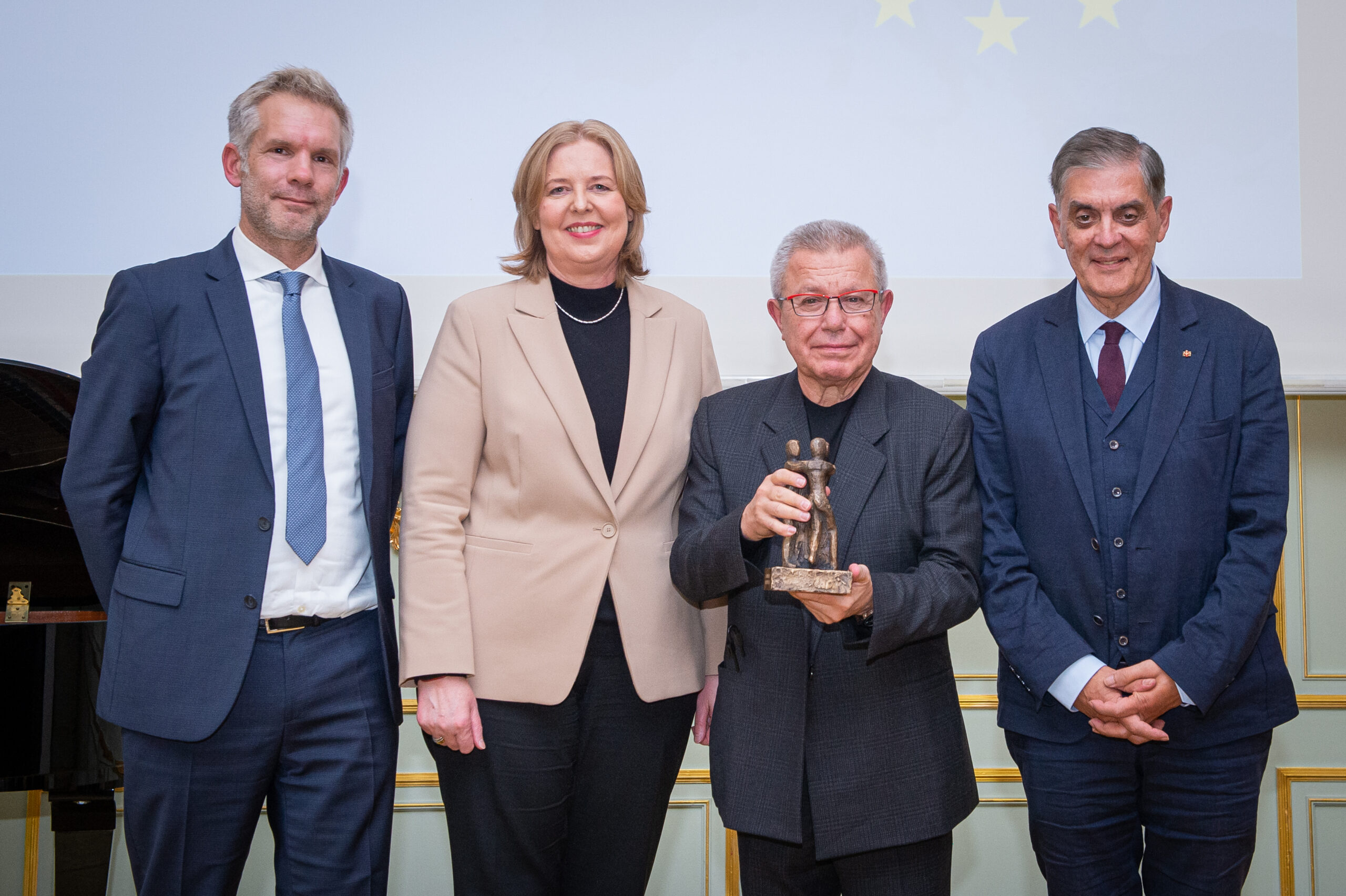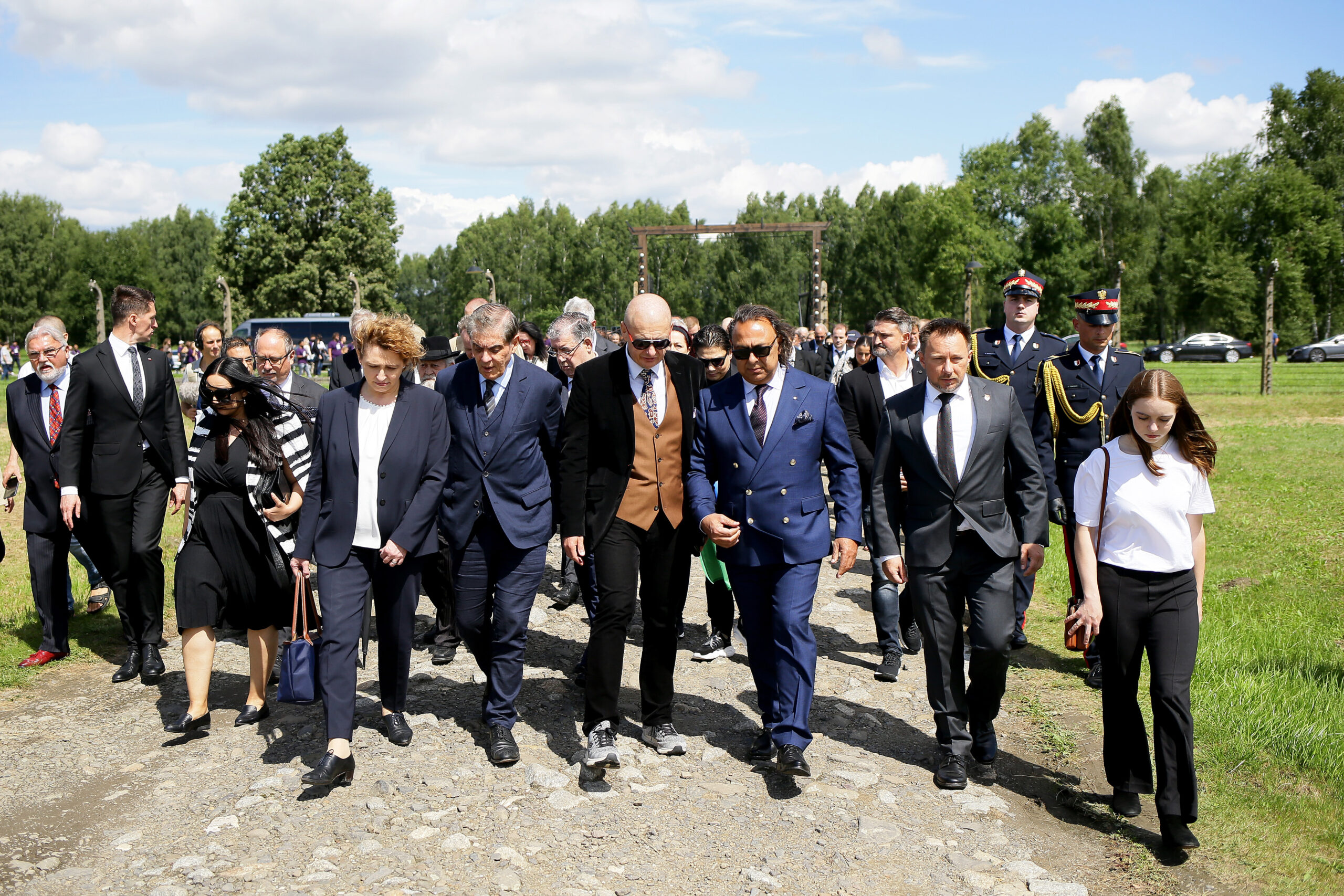Andrej Kiska
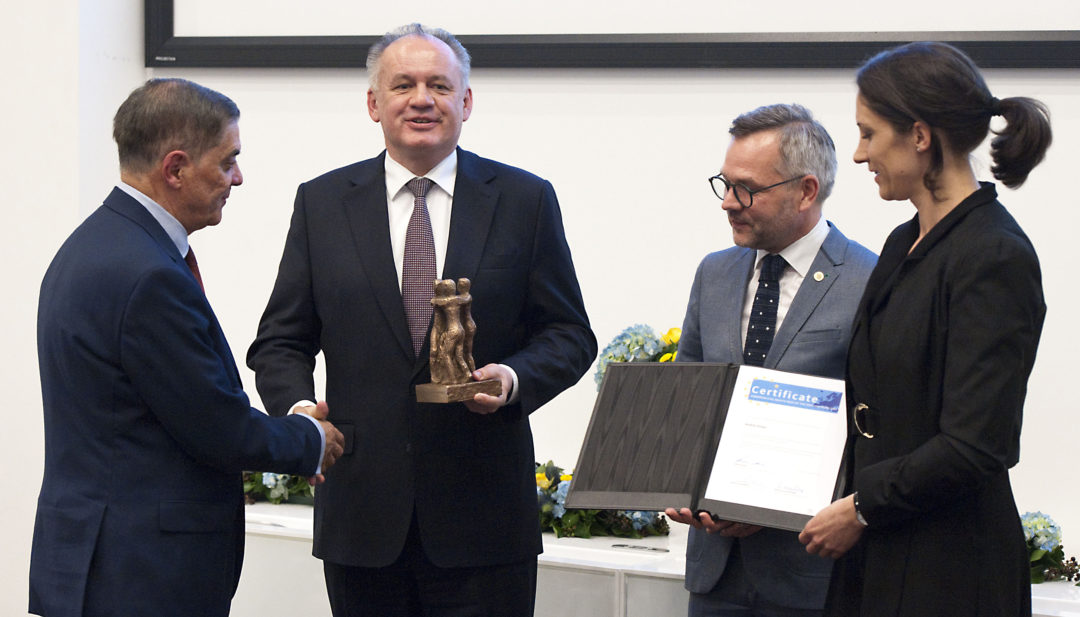
As the President of the Slovak Republic, Andrej Kiska publicly committed himself to the situation of the minority of the Sinti and Roma in his country. This was a clear distinction from his predecessor Ivan Gašparovič, who hardly ever expressed positive sentiments towards the Roma. In 2010, for example, he avoided to take an sincere public stance against the openly racist election campaign by the Slovak National party (SNS). This campaign used the slogan “So we no longer feed the ones who do not want to work” along with the photograph of a man marked as Rom in order to solicit votes. Gašparovič merely had his government representative announce that ‘the voters should judge for themselves whether such an election campaign is ethical or not’.
Andrej Kiska, on the other hand, defined specific objectives in order to improve the situation of Sinti and Roma in the Slovak Republic. For example, in 2017 he stated in an interview in a newspaper that:
‘[…] there are more than 400 000 Roma in the Republic of Slovakia and they make up almost 10 percent of the population. Evidently, there is a need for regulations and everyone has to observe the laws. Nevertheless, we need a vision, a clear plan with the focus on education, in elementary school as well as secondary school. School is not only about knowledge as such, it teaches people to have dreams. It is tough to raise children in huts without running water and electricity. This is a challenge our society has to face and I think it is realistic to reach that goal within the next ten years’.
His further public statements also bear witness to his solidarity with the minority. The social inclusion and integration of the Roma is, in his opinion, not an issue that concerns only the Roma, but must be considered in a wider social context. In 2017, he also noted ‘if members of the Roma do not thrive, the whole Republic of Slovakia will not thrive in the long term either‘. In this context, he also positions himself against political extremism. ‘Failure to solve the problems of the Roma means facilitating extremism and that is the worst that can happen’.
In times of the re-emergence of nationalism in Europe Andrej Kiska was like a beacon amidst other heads of state, especially in Eastern and South-Eastern Europe. While peaceful and social coexistence is under attack by right-wing populists all over the world, the Slovakian President was exemplary in showing the possibilities of a policy which does not focus only on the majority society. Awarding Andrej Kiska with the Civil Rights Prize 2019 honors his civic engagement, his public critical political stance as well as his efforts for the issues of the Roma in the Republic of Slovakia.



